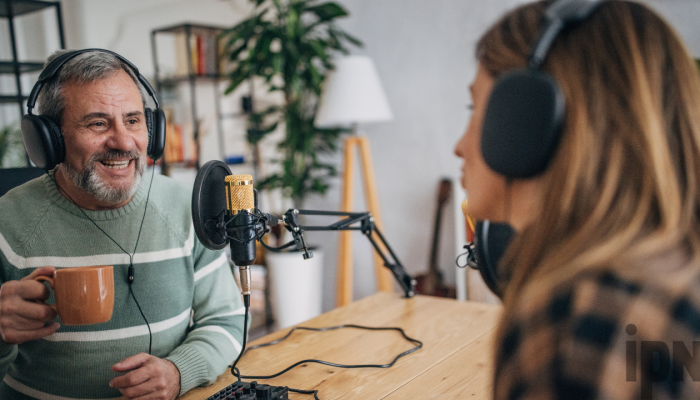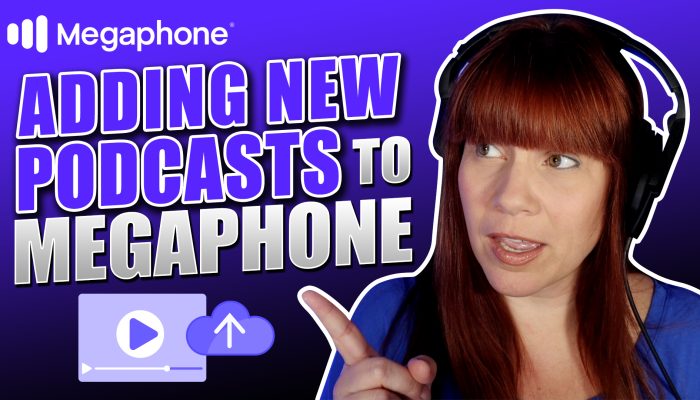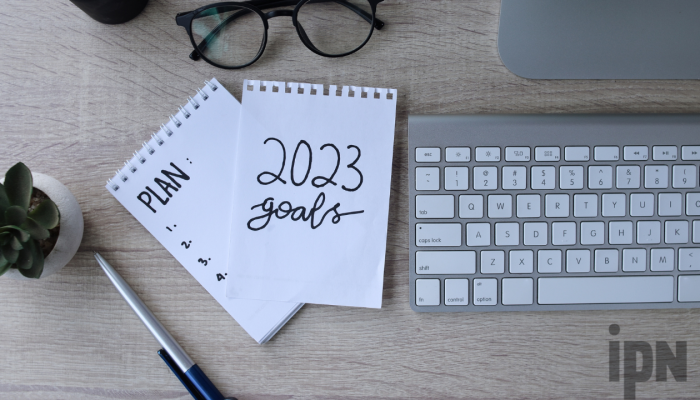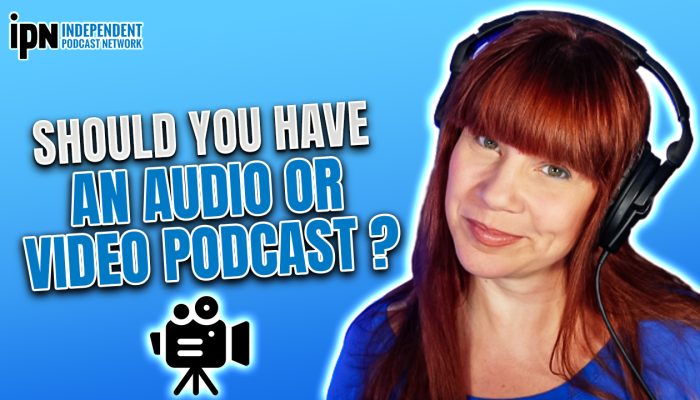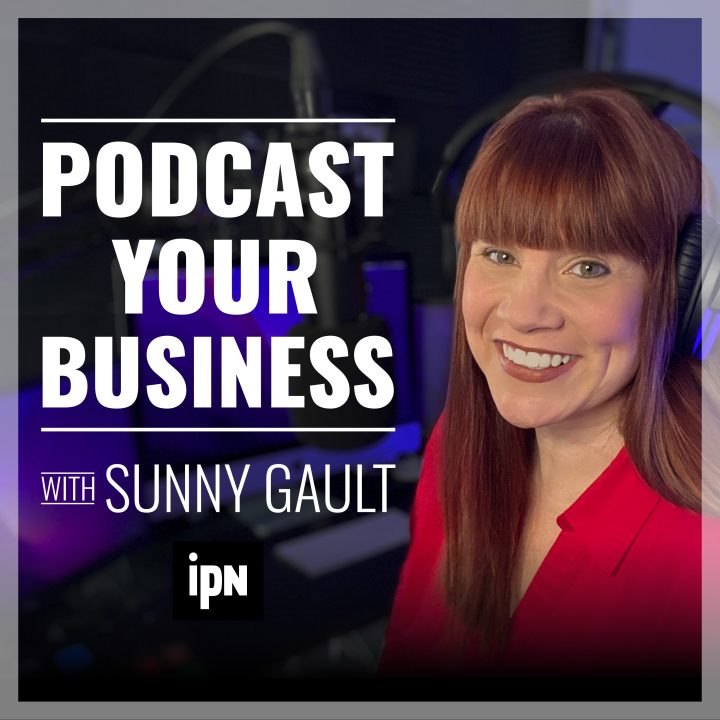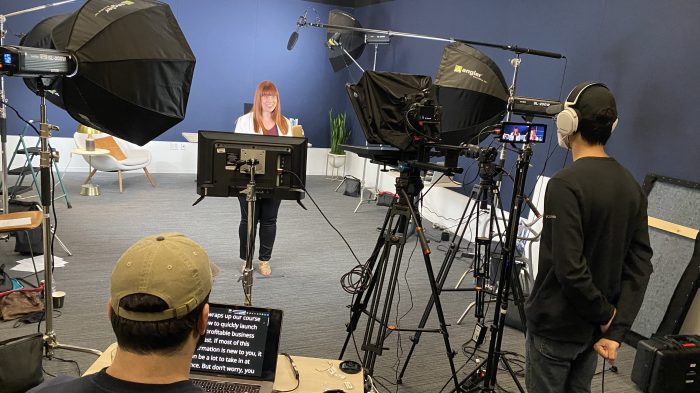Starting a podcast is a great way to share your ideas and connect with like-minded people. But if you want to take your podcast to the next level and reach a wider audience, you’ll need a media kit. It’s like a resume for your podcast, and it’s an essential tool for any podcaster who wants to grow their show.

What is a Media Kit?
A media kit for your podcast is a collection of information about your show that you can use to promote it to potential listeners, sponsors, and advertisers. It’s a way to showcase the best aspects of your podcast and make it stand out from the competition. Think of it as a one-stop shop for all the important information about your show that people need to know.
It’s a handy tool to have on hand when you’re reaching out to potential sponsors, or when you’re trying to get press coverage for your podcast.
What Should You Include in Your Media Kit?
With the right information, your media kit can help your podcast excel by giving you an easy way to communicate the unique value of your podcast. So, here are six elements every media kit needs:
Target Audience
When creating a media kit for your podcast, always include information about your target audience. This information can help potential sponsors, and advertisers understand who you make your podcast for and how they can benefit from it.
At a minimum, your media kit should describe your target audience by covering who they are, their demographics like age, gender, location, and their interests and behaviors. This information helps potential sponsors or advertisers understand if their products or services align with your audience. It can also help potential listeners understand if your podcast is a good fit for them and if they will be interested in the content.
Podcast Description
An effective podcast description in a media kit offers a clear and concise description of your podcast. It should give potential listeners, sponsors, and advertisers a good idea of what your podcast is about, and what they can expect from it.
Some things you should include in your podcast description are:
- A summary of your podcast’s content and format
- The unique selling points of your podcast
- The type of episodes you do
- Any recurring segments or features
This information can help potential listeners understand if your podcast is a good fit for them and what type of content they can expect from it. It can also help potential sponsors or advertisers understand how your podcast aligns with their products or services.
Host Bios
By including host bios in your media kit, you help listeners, sponsors, and advertisers get to know the hosts of your podcast. It gives a good idea of who the hosts are, their background, and why they are qualified to host the podcast.
You can include a brief overview of their background, their qualifications and experience related to the podcast topic, and any other relevant information such as previous media appearances or publications. It’s also good to include a headshot or a photo of the host to make it more personable.
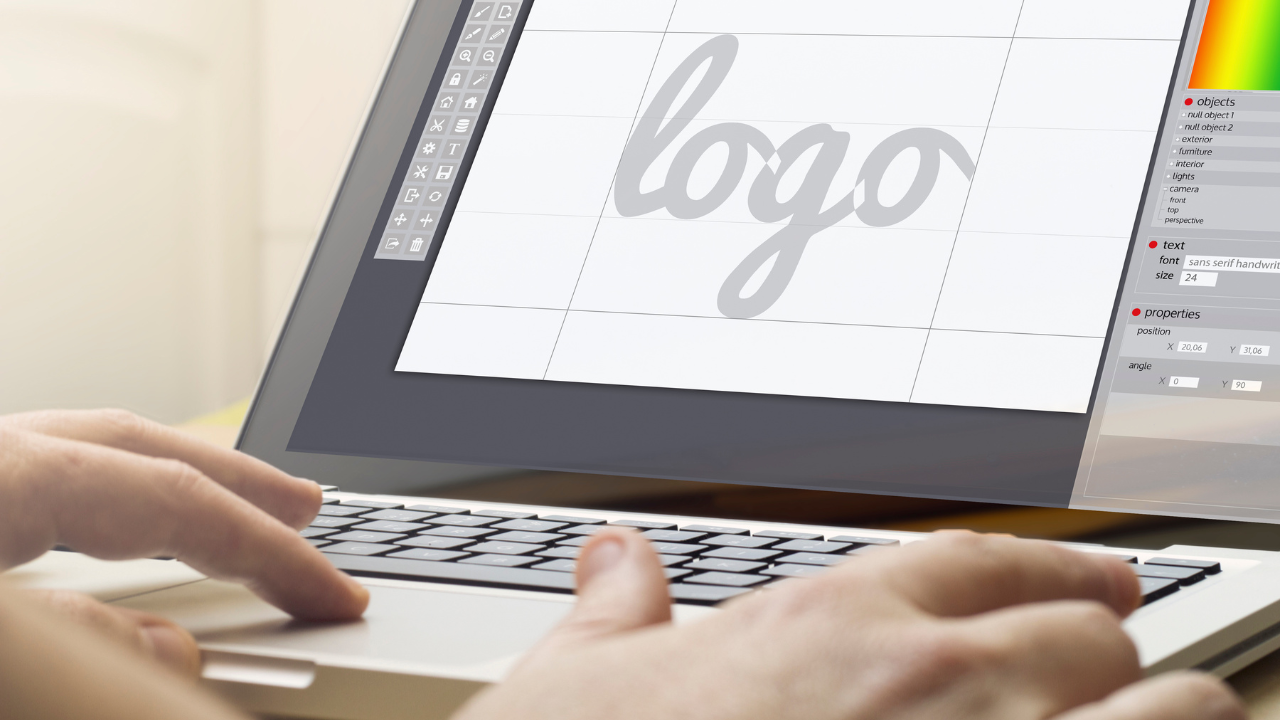
Audio & Visual Assets
Oftentimes, sponsors, advertisers, and media outlets need audio and visual assets to effectively advertise your podcast. So, in your media kit, include information about what assets you can provide to sponsors and advertisers.
Some things you should include in your audio and visual assets section are:
- Audio samples of your podcast, this could be a short clip of a recent episode or a highlight reel of different segments of your podcast.
- Any other audio content you might have, such as theme music or jingles.
- Visual assets such as a logo, a banner, or episode artwork.
- Any other visual content you might have, such as video footage or gifs.
Contact Information
Of course, sponsors and advertisers need to know how to contact you. To make it easy for you to be reached, include the following contact information in your media kit:
- Your name, title, and contact information such as email and phone number.
- The name of your podcast and the website link.
- Social media handles and links to your podcast’s pages on various platforms such as Twitter, Instagram, and Facebook.
- Any other relevant contact information such as a press contact or an agent if you have one.
Make sure to regularly review and update your contact information. The last thing you want is to miss out on a great sponsor simply because they had the wrong email address.
Sponsorship & Advertising Opportunities
Sponsors and advertisers need to know what sponsorship and advertising opportunities you offer. Whether it’s specific types of brands you want to avoid or when you are willing to incorporate sponsorships into your podcast, include everything sponsors and advertisers need to know about working with you. Here are a few basics to include in your media kit:
- An overview of your audience demographics such as age, gender, location, and interests.
- Information on the format of your podcast, such as the length of episodes and the frequency of new episodes.
- Information on the type of sponsorship and advertising opportunities that you offer, such as pre-roll, mid-roll, post-roll, banner ads, branded content, and live events.
- Information on the cost of these opportunities and any package deals or special offers that you might have available.
- Data on your podcast’s reach, such as monthly listeners, average download numbers, and social media following.
Resources for Creating a Media Kit
Creating a media kit for your podcast can be a bit overwhelming, but there are a lot of resources available to help you get started. Here are a few options to consider when creating your media kit:
- Templates: There are a lot of templates available online that you can use to create your media kit. Many of them are free and can be easily customized to fit the unique needs of your podcast. This is a great option if you’re not sure where to start or if you want to make sure you’ve included all of the important information.
- Podcasting Communities: Joining a podcasting community, such as the Independent Podcast Network, can be a great way to get feedback on your media kit and learn from other podcasters. You can find these communities on social media, forums, and other online platforms.
Podcasting consultants: There are also podcasting consultants who can help you create your media kit, or review it for you and provide feedback on how to make it stronger.

